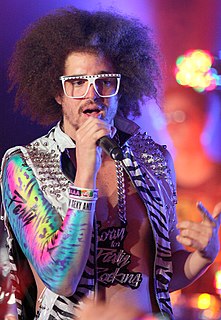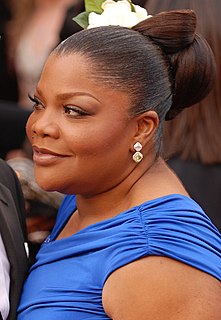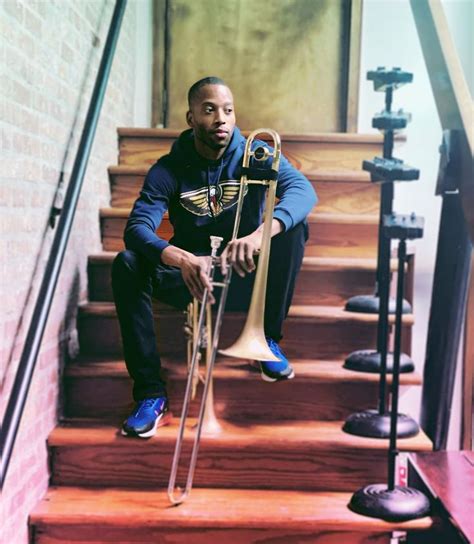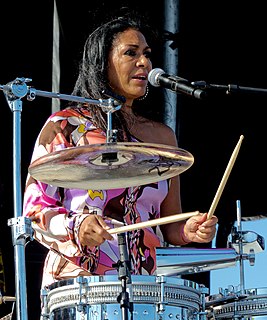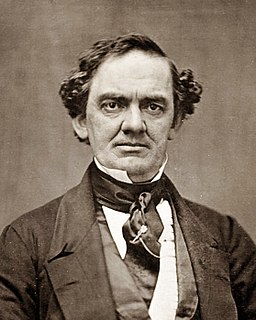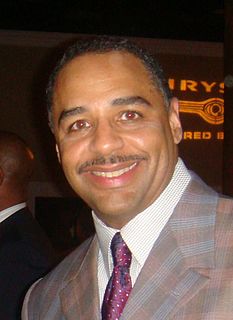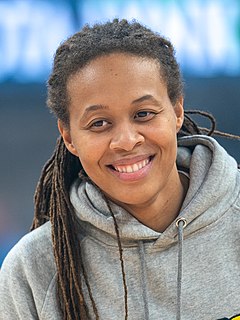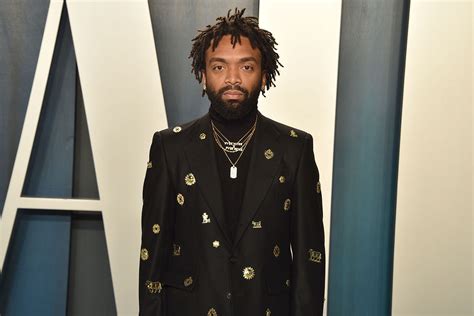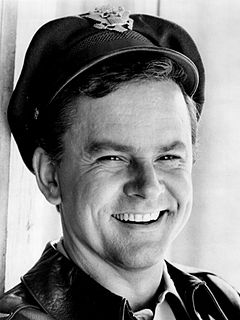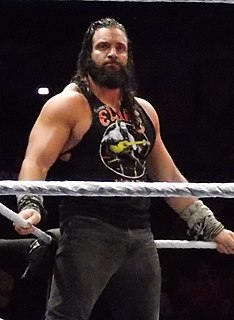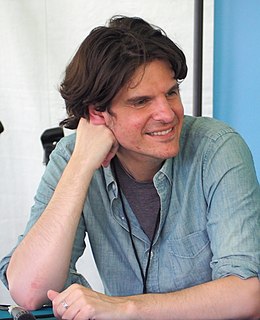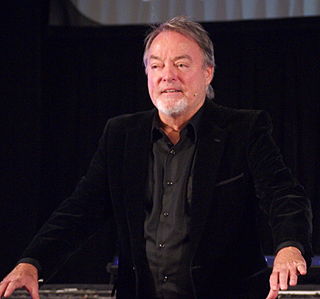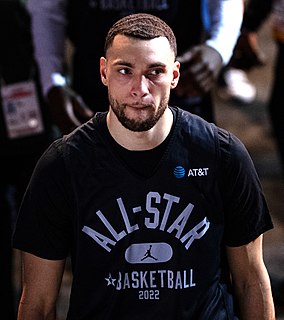A Quote by Redfoo
I was thinking of doing some exhibitions where I combine tennis and music. I might have a show at, say, the Staples Center, where I might play an exhibition against somebody who would be interesting, then take a break and go do a show.
Related Quotes
Bourbon Street is like playing, a tourist, you know? It's just a tourist attraction ... those musicians on Bourbon Street, they play all day. They might start at 12 noon and end at 3 in the morning, like, it's like sets, like a job. You go play, take a break, play again, take a break, then later on that night, the club gets busier, then you play some more. There's pride. They're a group of great musicians- and they're holding it down.
Bernard [Leach] had acquired many [Shoji] Hamada works. Some of them, it was interesting - first of all, Hamada worked in St. Ives for about four years before returning to Japan to start his own pottery. He had exhibitions in London, and if these exhibitions didn't sell out, the galleries were instructed to send the remaining work down to the Leach Pottery, where they would go into the showroom for sale. If Bernard saw one that hadn't sold that he really admired, then he would take it (he would buy it), and it would go into the house.
The creative part, with the writing of it and the vision, and finding the voice of a show and the characters, is much harder to teach somebody. It's like music. You can either play it or you can't. If you can't play music and you really struggle and work hard, you can learn, but you have to have some inner gift to take it to the next level.
I've been an acquaintance of the president Ryan Glover for some years and for a couple years we've been talking about possibilities, puzzle pieces fitting together. I was doing an event that they were sponsoring, and after a group of us went to dinner and we started talking a little bit more and one thing led to another.We all thought it might be a good idea to try to develop a show and as we started talking about the show that we might bring to air, it turned into doing a newsmagazine.
In my shows, I always try to incorporate music because it's the most natural way to set a tone. So if I want to do a show about depression, I use the opera. If I want to do a show about greed, I use spoken word. If I want to do a show about the injustice that's taking place in the world, I might play Sam Cooke.
If it was up to me, I would be given ample time to do a full on performance. I would play all of the instruments that I can play, really show off to the world, then maybe have an Intercontinental title match and follow that up, maybe go out against somebody like The Undertaker or John Cena, anybody that can really top off a great performance.
When I was thinking about what we could do in terms of what production values of Broadway might be able to add to the show, I had this thought that it would be really cool if we had a coup de théâtre. What would they want? And then I was like, an amazing, enormous tuna puppet that was like 30 by 40 feet would be pretty incredible. So I called up Basil Twist, and he got really excited immediately and started sketching out his idea, and I think it's a real highlight of the show.
You figure out how to create opportunities to make music, and then, if you take care of the music, audiences will come around. They also might leave. What matters is the moment: the moment of making music, with and for and among others, and what that offers to those people in that moment. They might never see me again; they might never learn my name. But it might still be something they carry with them.
While I was still going to embrace social media, I knew I had to do things that nobody else was doing. I decided I had to meet as many people as I could - face to face. While most artists would email galleries, I would show up in the lobby. Instead of liking an art show or exhibition, I would go there and meet everyone. And while most would send a magazine a press kit, I go and meet the editor. This notion of face to face contact became my mantra.
